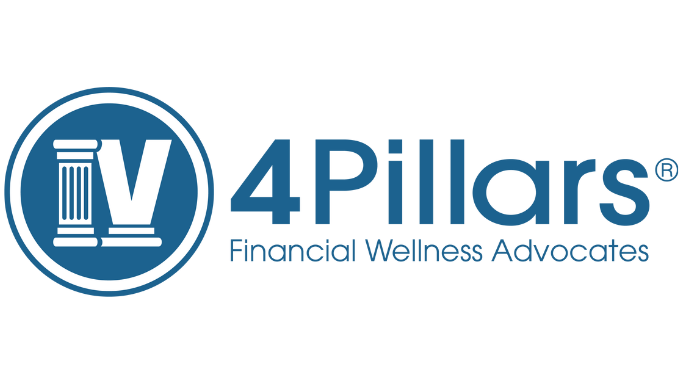Student loans are on the rise and so is the student debt crisis. Student loans differ from other types of debts in many of the worst ways, from the borrower’s perspective. Dealing with a student debt can be an onerous task. Here’s why you should think long and hard before considering applying for a student loan.
-
Even filing for bankruptcy cannot terminate your debt
You can’t discharge a student debt in bankruptcy as you can in the case of a credit card or mortgage debt. Interest keeps accumulating, and late fees are tacked on. This can double or triple the original loan amount and make it harder to deal with your debt. If you default on a student loan, the government has many ways of getting its money such as:
-
It can tank your credit score so you can’t get any other loans.
-
It can take your federal and state tax refunds.
-
It can take 15 percent of your Social Security and Social Security Disability benefits.
-
It can garnish your wages without taking you to court first.
-
Your other important financial goals take a backseat
According to the survey, an astounding 73% of young college graduates have delayed saving for retirement or making other investments because of their student loans. A third said that they put off marriage due to their debt, and 43% said that student loan debt has delayed their decision to start a family. This startling fact becomes easier to fathom on realizing that for many young people, their student debt burden manifests in the form of a monthly payment equivalent to a second rent check, meaning that there is often very little money left at the end of the month for even everyday expenses, let alone retirement savings.
-
Rise in student loan delinquencies
If you research default rates, it will shock you. Most put the default at somewhere between 10 and 13 percent. But a more accurate figure is closer to 30 percent. Some stats don’t count you late until you are nine months behind instead of the standard 90 days behind. And some stats don’t consider all the people who have gotten their loans deferred or are in other programs.
-
Difficult to make the cut for student loan forgiveness programs
Student loan forgiveness programs can save you thousands of dollars, yet there are restrictions, and the professions which qualify are limited. At the moment, only a few occupations are eligible for student loan forgiveness. These professions include military service, law enforcement and public safety, early childhood education, working with adults and children with disabilities, working with the elderly, health care, public school teaching, as well as public and school library services. In fact, only Federal Direct loans, Federal Family Education loans, and Federal Perkins loans can be forgiven. Furthermore, to be eligible for these loans you must have made 120 on-time, full, scheduled monthly payments under a qualifying repayment plan, and you must have been working full-time at a qualifying public service job while making payments. Effectively, 120 monthly payments add up to 10 years, so the program doesn’t benefit young people when they are struggling to make ends meet and plan for their future as a young adult.
These are some of the consequences you will face in dealing with a student debt if you’re unprepared. Be circumspect before applying for a student loan. Get in touch with 4 Pillars for more in-depth debt counselling and debt crisis management strategies.
Image Source: cdn.redalertpolitics.com


